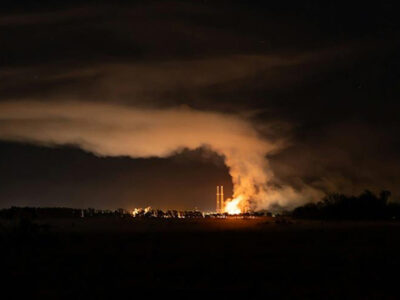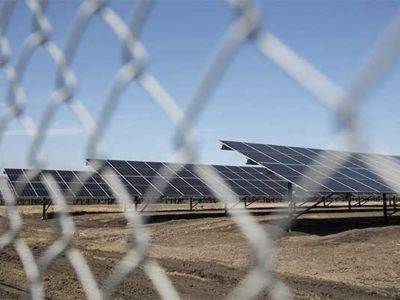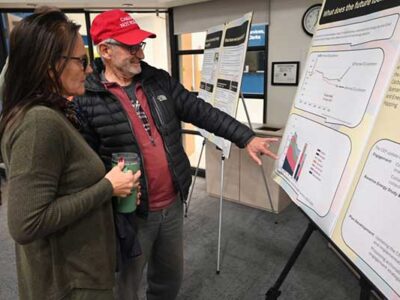A report by 11,258 scientists from a range of different disciplines across 153 countries warns that the planet “clearly and unequivocally faces a climate emergency.
The “viewpoint”, published in the journal Bioscience and covered widely by news outlets around the world, also provides six key policy goals that will be vital to addressing this challenge, the Post continues.
After analyzing 40 years of data on a range of measures, BBC News reports that the authors’ conclusion is that governments are failing to adequately address the crisis facing them.
“Profoundly troubling” trends include the amount of meat consumed per person, the number of air passengers and global tree cover loss, as well as carbon emissions and fossil-fuel consumption, according to the Press Association.
The Sydney Morning Herald notes the researchers involved are members of the Alliance of World Scientists, and says strategies suggested include leaving remaining fossil fuels in the ground and pursuing negative emissions, for examples by “enhancing natural systems”.
Coverage in MailOnline notes prominently the suggestion that more should be done to stabilise – and “ideally gradually reduce” – human population growth, with the global number “currently increasing by over 200,000 people a day”.
“Despite 40 years of global climate negotiations, with few exceptions, we have generally conducted business as usual and have largely failed to address this predicament,” the scientists concluded, according to Al Jazeera: “Especially worrisome are potential irreversible climate tipping points and nature’s reinforcing feedbacks…that could lead to a catastrophic ‘hothouse Earth’, well beyond the control of humans.”
Separately, Reuters reports on a warning from the Universal Ecological Fund that nearly 75 percent, or 136, of the pledges, made so far by countries under the Paris Agreement are “totally inadequate”.
These include commitments made by major emitters including China, the US, and India, according to Reuters, while other nations, such as Brazil and Japan, have only made “partially sufficient” pledges.















Comments